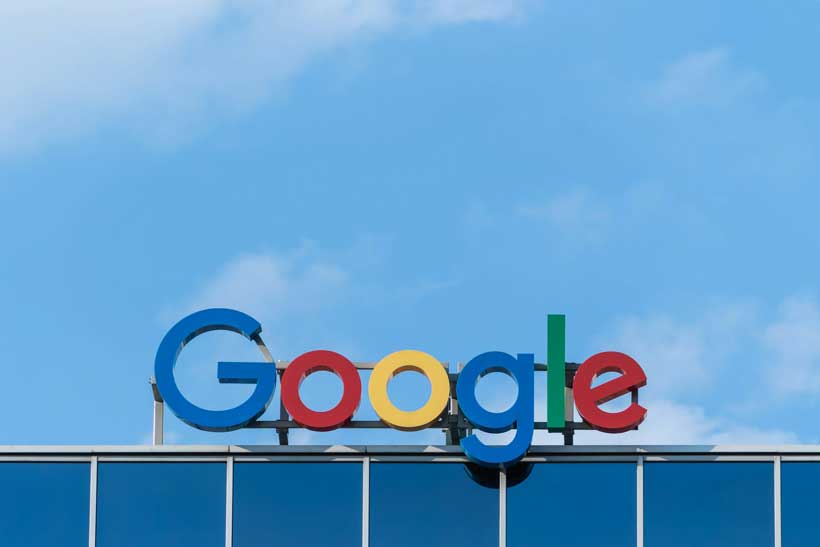Since Google acquired DeepMind in 2014, its founder Demis Hassabis has risen to become Alphabet’s top AI executive, a Nobel laureate, and one of the most influential figures shaping artificial intelligence. Yet, despite his scientific achievements and breakthroughs like AlphaFold and Gemini, Alphabet’s financial payoff from DeepMind remains modest prompting investors to question whether Hassabis’ lofty ambitions come at the cost of commercial success.
Why It Matters:
As Google faces intensifying competition from OpenAI and mounting regulatory scrutiny in both the U.S. and Europe, Hassabis’ leadership style highlights a growing tension within Big Tech between scientific idealism and corporate pragmatism. His pursuit of artificial general intelligence (AGI) and emphasis on AI safety could shape the future of the global AI race, but critics warn it risks leaving Google behind in the market it helped pioneer.Demis Hassabis, whose “science-first” approach prioritizes long-term innovation over short-term profit.
Alphabet/Google, which continues to invest billions into DeepMind despite limited external revenue.
Rivals like OpenAI and Elon Musk’s xAI, who share Hassabis’ ambitions but emphasize commercialization.
Regulators and investors, watching whether Google’s AI dominance can endure amid ethical and competitive pressures.
What’s Next:
Hassabis is steering DeepMind toward new frontiers from AI-assisted drug discovery at Isomorphic Labs to developing AlphaAssist, a “universal assistant” envisioned to surpass current chatbots. With AI shaping everything from healthcare to global competition, Google’s bet on Hassabis’ long game could either secure its technological legacy or prove a costly gamble in the age of rapid AI commercialization.
With information from Reuters.
